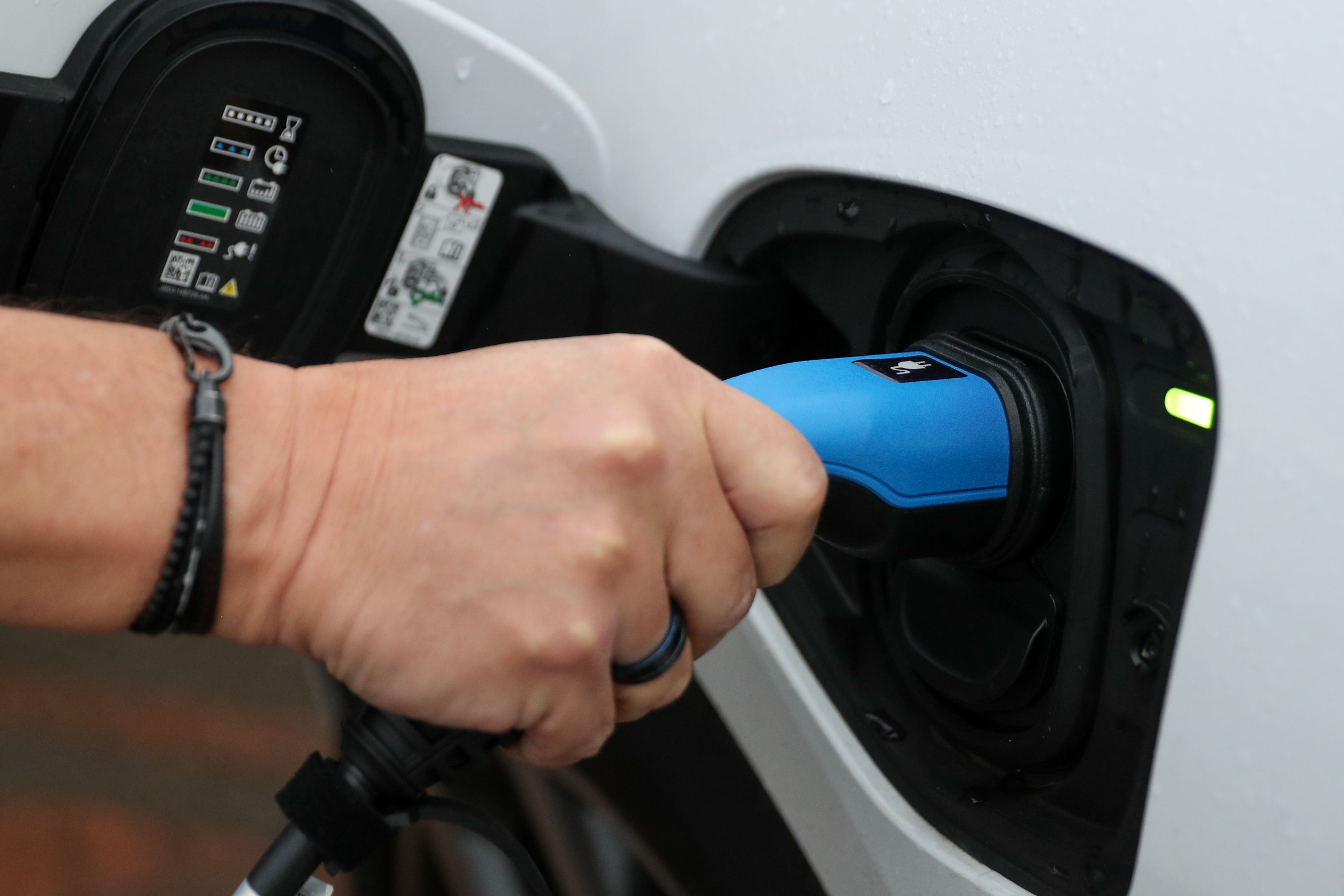Delaying petrol and diesel car ban will bring UK into line with EU
The bloc includes major car-making nations such as Germany, France and Spain.

Your support helps us to tell the story
From reproductive rights to climate change to Big Tech, The Independent is on the ground when the story is developing. Whether it's investigating the financials of Elon Musk's pro-Trump PAC or producing our latest documentary, 'The A Word', which shines a light on the American women fighting for reproductive rights, we know how important it is to parse out the facts from the messaging.
At such a critical moment in US history, we need reporters on the ground. Your donation allows us to keep sending journalists to speak to both sides of the story.
The Independent is trusted by Americans across the entire political spectrum. And unlike many other quality news outlets, we choose not to lock Americans out of our reporting and analysis with paywalls. We believe quality journalism should be available to everyone, paid for by those who can afford it.
Your support makes all the difference.The expected delay in banning new petrol and diesel cars will bring the UK into line with the European Union.
The bloc, which includes major car-making nations such as Germany, France and Spain, will ban the sale of new cars and vans that produce any carbon emissions from 2035.
That means conventionally fuelled vehicles and hybrid models will be affected.
Only brands making fewer than 1,000 vehicles a year will be exempt.
Germany struck a deal with the European Commission to permit the continued sale of vehicles that run on carbon-neutral synthetic fuels beyond 2035.
In 2019, Ireland announced a plan to ban conventionally fuelled new cars from 2030, but this is thought unlikely to be possible unless the EU changes its plan.
Research by the International Council on Clean Transportation found there is a variety of policies elsewhere in the world.
Iceland has set a date of 2030 for all cars except off-road 4×4 vehicles.
The US has not announced a countrywide ban, but several states have plans for such a move.
They include California, which will prohibit new gasoline vehicles from 2035.
There is also no nationwide policy in Australia, but the Australian Capital Territory, which includes Canberra, has banned new fossil fuel cars from 2030.
Hong Kong will allow only zero emission new cars to be sold from 2035.
Several Chinese provinces including Beijing, Guangdong, Hainan and Shanghai have announced plans to increase the market share of non-conventionally-fuelled to between 20-40% by 2030.